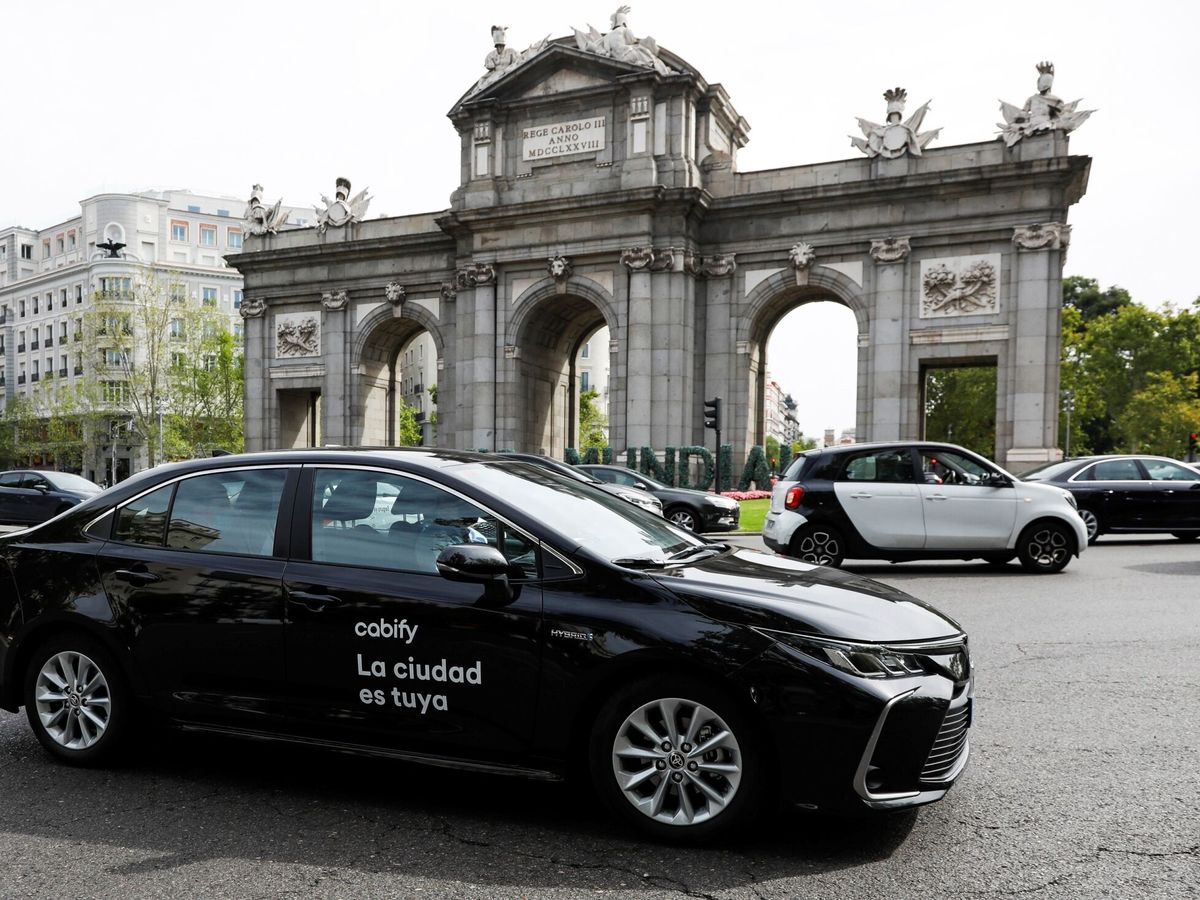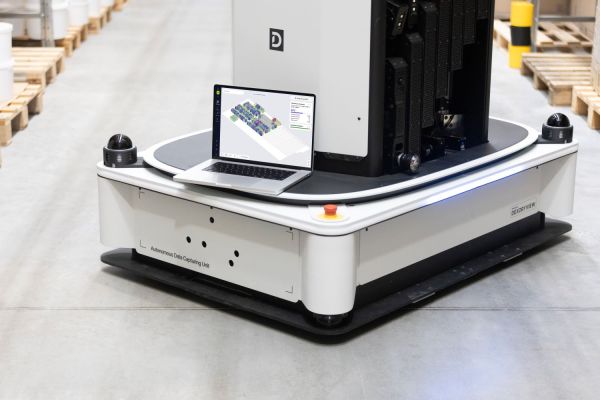Telefónica Tech and Geotab announce their collaboration with Vecttor to increase the efficiency, safety and sustainability of their vehicles. Telefónica Tech provides a comprehensive fleet management service to Vecttor vehicles in Madrid, Barcelona, Málaga, Sevilla and Valencia. This solution includes different components such as IoT connectivity, the device and the telematics platform. As a result, Vecttor has enabled more than 3,000 VTC vehicles to reduce 20 tonnes of CO2 emissions per year.
As part of the three companies’ commitment to sustainable mobility, the data provided by the Telefónica Tech and Geotab solution has enabled Vecttor’s fleet to save between 14,000 and 18,000 litres of fuel per month, which in economic terms means a saving of more than €200,000 per year.
Another important challenge Vecttor has faced with this pact has been to reduce empty times between each trip, i.e. times when drivers are travelling without passengers. Thus, the solution allows Vecttor to access all the necessary information to reduce and optimise these waiting times as much as possible, relevant data such as the distances travelled, the place and time of parking or the history of journeys in each vehicle.
Commitment to greater safety at the wheel thanks to technology
Proprietary algorithms and accelerometer data have enabled Vecttor to carry out a comprehensive reconstruction of any incident, which in turn increases passenger safety on every journey.
Manuel Delgado, CIO at Vecttor, comments: “Partnerships like this are a clear example of Vecttor’s commitment to innovation, sustainability and the safety of our customers and employees. Having measurement systems such as Telefónica Tech’s and Geotab’s allows us to record valuable data and modulate our strategy according to the results obtained. Moreover, this technology has become a key element on the road towards the electrification of fleets and the construction of a sustainable, digitised and quality sector”.
Gonzalo Martín-Villa, CEO of IoT and Big Data at Telefónica Tech, said: “We are very proud that Vecttor has chosen our fleet management solution to make their vehicles more efficient and reduce their environmental impact. This is yet another example of how our IoT and Big Data technology helps companies transform their business models to make them more competitive”.
Iván Lequerica, Vice President Southern and Western Europe at Geotab, adds: “The role of technology is crucial to promote more efficient, sustainable and safe mobility in Spain. Our data analysis allows us to monitor fleet movements and identify areas for improvement. More and more passenger transport companies will be looking to use vehicle data to generate cost savings and improve their sustainability footprint. We are delighted that a leading multi-mobility company such as Vecttor is betting on our technology to continue revolutionising mobility in our country”.
Accelerating decarbonisation in the transport sector
With more than 3.6 million connected vehicles worldwide, Geotab is uniquely positioned to help accelerate decarbonisation in the transport sector by providing a comprehensive set of data-driven tools and information to support fleets on their pathways to sustainability (including the Electric Vehicle Adoption Report), scaling electrification and technology innovation through education and collaborating on research projects.
For its part, Vecttor is the fleet that is leading the way in sustainability and electrification in the VTC sector in Spain. Currently, more than 95% of Vecttor’s fleet has an ECO or Zero label, a percentage that in the Spanish fleet is below 5%. The Spanish company is making progress in reducing emissions by increasing the percentage of cars with a Zero label year after year, including 100% electric and hydrogen vehicles.
Telefónica Tech, as a leader in digital transformation, has an innovative portfolio of technology solutions to optimise and make the mobility sector more sustainable. Telefónica Tech’s fleet management solution, which uses Geotab technology, improves vehicle efficiency, reduces operating costs and achieves fuel savings of up to 15% thanks to the deployment of IoT sensors and advanced data analysis with advanced Big Data and Artificial Intelligence technology.








